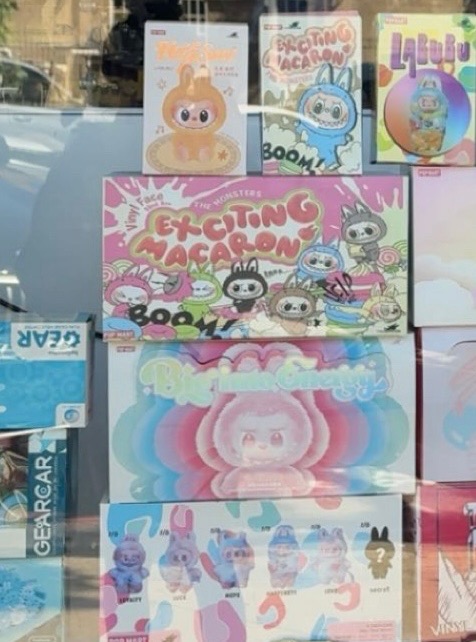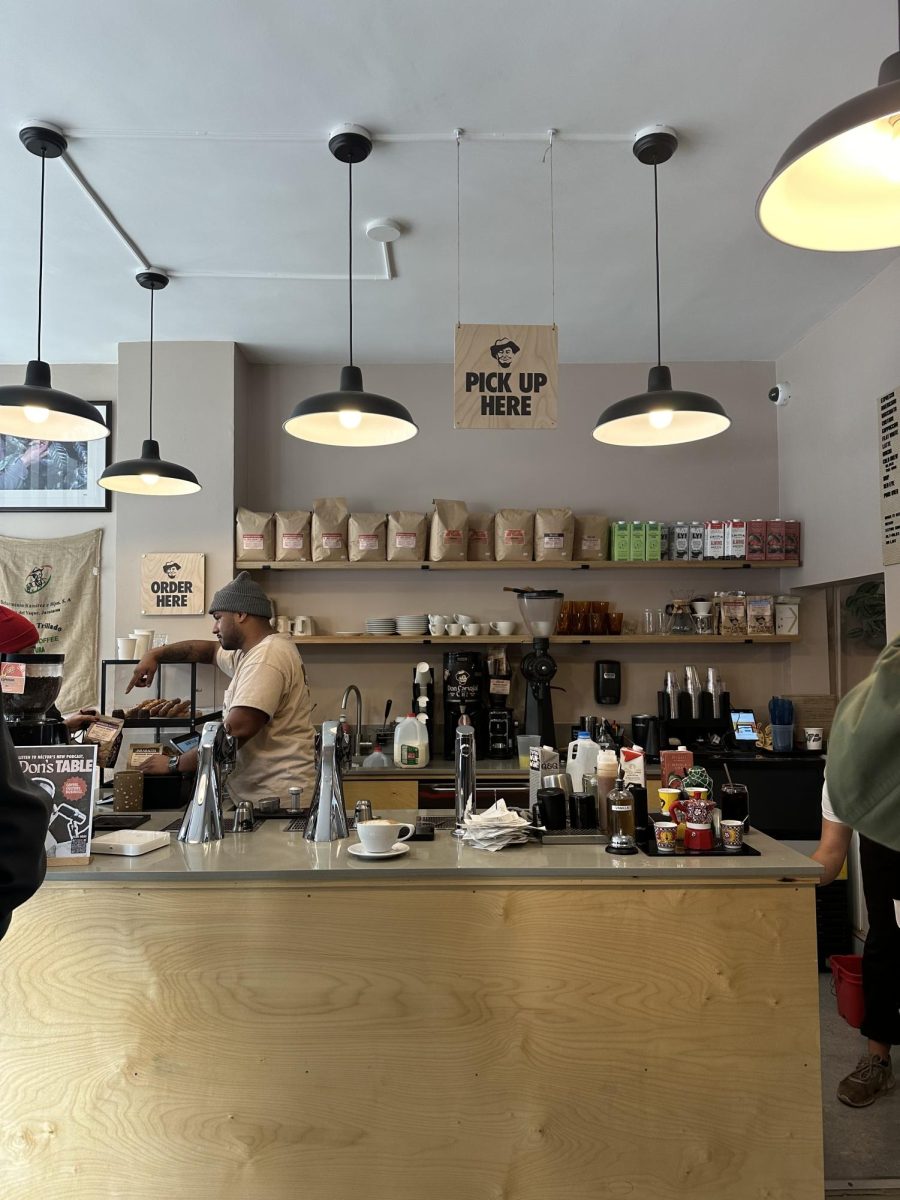Labubus and Dubai Chocolate are the most recent internet obsessions. What started as characters in a book and a small business chocolate has now become must-have items, thanks to social media.
This perfectly showcases the powerful influence social media has on consumer trends.
A Labubu is a stuffed animal and a collectible, created in 2015. Dubai chocolate is a chocolate bar filled with kadayif and pistachio-tahini cream, invented in 2011. These two things are just now blowing up and are often categorized together. This is because they gained popularity at the same time, and their popularity has resulted in crossover products that fuse the two products together. These pricey items are influencing all people, all ages, all over the world. This is a perfect example of how capitalism can consume everything and any trend and turn it into items that can be sold.
Social media platforms like TikTok and Instagram are designed to spread content quickly, keeping up with the latest trends. Both Labubus and Dubai chocolate gained immense popularity through viral videos showing people unboxing, collecting, or making the items. Also, these items are often purchased based on the fear of missing out.
The visual appeal and storytelling in these videos play a crucial role in attracting viewers. The bright colors, unique packaging, and the excitement of discovery make the content highly engaging. This emotional connection encourages viewers to share the videos, spreading the trend further.
When you see countless videos of people unboxing a Labubu or trying unique Dubai chocolate, it creates a sense of social pressure. There is a drive to taste Dubai chocolate or unbox a Labubu just to keep up with the trends. This isn’t just about wanting the product itself; it’s about wanting the social connection with others that comes with it. The accessibility of social media means that anyone can become an influencer and start a trend, which is then picked up and spread by others.
These trends have been taken out of hand, making products with the themes of Labubus and Dubai chocolate that apply to anyone, focusing on different types of people. One example of this is Labubu Dubai chocolate bongs. This product exploits the popularity of a children’s character and a food trend, twisting them into something inappropriate for money. This not only undermines the initial innocent appeal of these trends but also shows how producers prioritize profit over ethical behavior. Something that started innocently for children has been devalued by producers to find new ways to make more money.
“I think that Labubus and Dubai chocolate are overrated,” said sophomore Emelia Pieri. “Though I think Labubus are cute and Dubai chocolate is tasty, I don’t think it should be as mass-produced and trending as it is.”
This reflects the “overrated” feeling that a lot of people speak their mind about on social media. This also shows how, once a product gains so much popularity and becomes rated, people can start to criticize and rank it themselves. Though an item is good and special, once it becomes so popular and is introduced to so many different people, it can start being degraded.
“Labubus are cute, but why are they so expensive? The same goes for Dubai Chocolatit is good, but spending twenty dollars on a bar of chocolate is something I cannot comprehend,” said sophomore Abby Swan.
This shows the contrast between the strong demand for these products and their high prices. Due to supply and demand, the cost of these items can be high, which causes some people to view them negatively. The expensive price tags make people wonder if the hype around these products really justifies spending that much.
Labubus and Dubai chocolate perfectly illustrate how social media can turn products into a global phenomenon almost overnight. This shows the immense power of online platforms to shape consumer culture and drives trends to spread worldwide.






